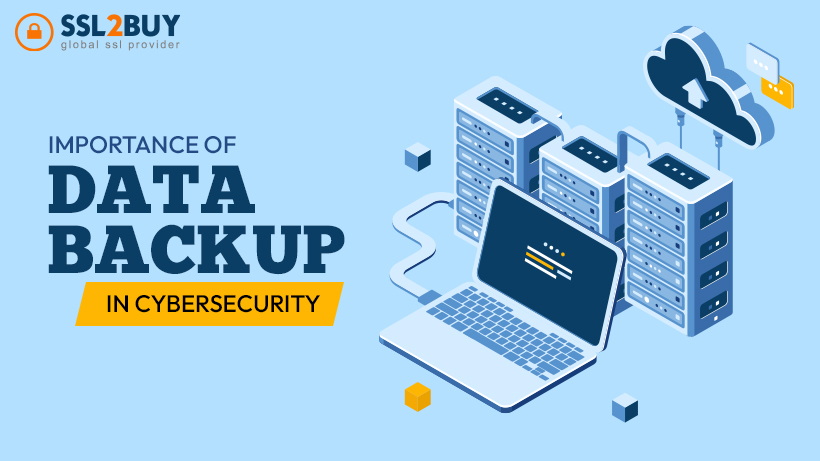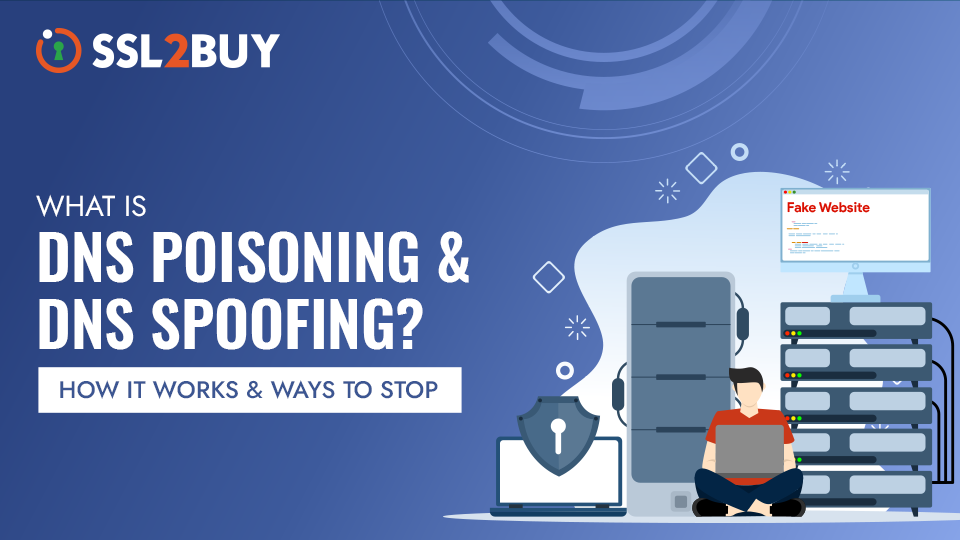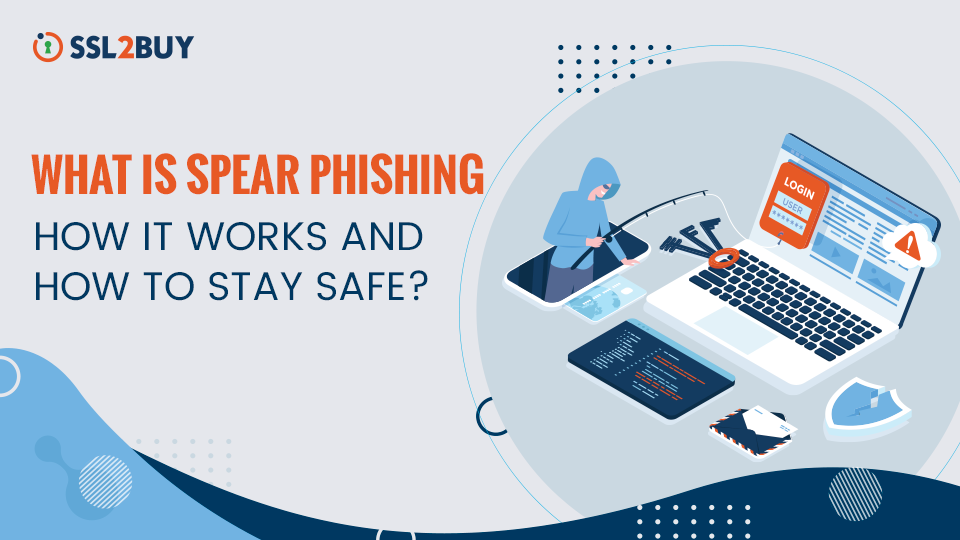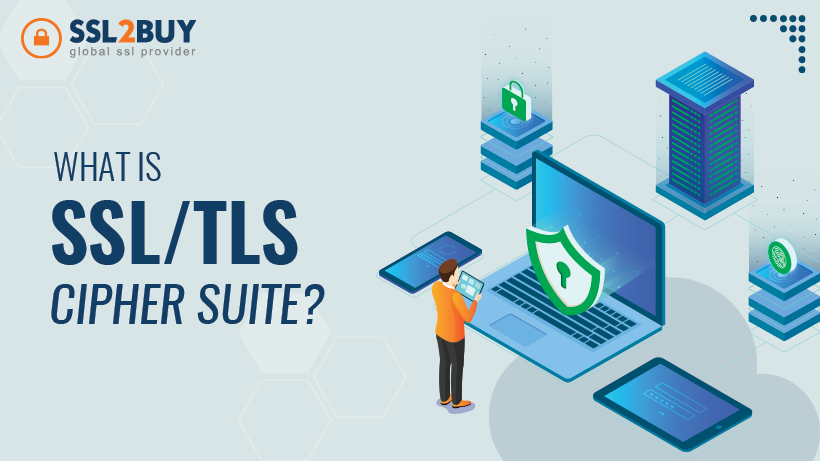
Data backup is an important part of cybersecurity. Implementing appropriate data backup solutions may save both time and money. Understanding and adhering to current backup procedures is critical, as is partnering with IT workers.
Imagine an organization experiencing a sudden hardware failure on their computer. Without proper backups, restoring critical records gets delayed or even impossible. If there is no backup policy in place, one must be created.
Backups assure consistency, decrease human oversight, and protect data integrity. This blog will explore why backups are so important, various backup options, and best practices to ensure your data remains secure and accessible.
Why is Data Backup Important?
Data backup is important because it serves as a safety net in case of data loss. It can be due to cyberattacks, hardware failures, or, at times, human error. Lack of reliable backup can lead to severe financial, operational, and reputational damage.
Preventing data loss, sustaining business operations, adhering to regulatory requirements, protecting against ransomware, and providing peace of mind – all depend on data backups.
Let’s take a detailed insight into each of them.
Avoiding Data Loss
A system crash or hard drive malfunction can lead to data loss. Backups help you avoid the loss of vital information having serious implications like:
- Customer databases
- Financial records
- Intellectual property
Regular data backup can guarantee recovery and resumption of activities post any loss. This is vital for ensuring company continuity.
Regulatory and Legal Adherence
Data privacy regulations like HIPAA, PCI-DSS and GDPR compel companies to secure consumer data, with violations resulting in penalties and litigation. Industries such as healthcare, banking, and legal services have severe laws. Regular data backups are essential for retrieving sensitive information. Implementing backup methods that follow regulatory criteria reflects a commitment to data security.
A data backup (like cloud backups) and recovery solution secure sensitive data stored on remote servers. Modern firewalls and threat detection systems protect these servers. Cloud solutions also provide full server redundancy. You get surety that data is available even if one server fails.
Preventing Ransomware Attacks
Ransomware attacks are an increasing risk to businesses as cyber attackers decrypt sensitive data and demand ransom payments. Without a backup, organizations risk losing crucial data. Regular data backups enable system restoration to a pre-attack state. By maintaining copies of critical documents, businesses can protect their data against malicious attacks, natural disasters, and technology breakdowns.
Sustaining Business Operations
A business can thrive with prolonged customer faith. Incorporating cost-saving methods is another aspect of long-term continuity. Data backup is critical for safeguarding client information and improving a company’s reputation. Customer data breaches may harm a company’s brand and undermine confidence.
Implementing a solid backup strategy guarantees that clients’ data is protected. It may appear as an additional expense, but the cost of data loss can far exceed the investment. Recovering deleted data may be time-consuming and costly. The expenses increase, particularly if they necessitate forensic examination or legal action. Proactive data backup and recovery strategies can save both time and money in the long run.
Assurance and Reliability
Frequent data backups prepare you for cybercrime, system outages, or calamities. Safeguarding vital data is essential to avoid losing investors and customers and potentially shutting down. Planning for an emergency brings peace of mind. Also, proper backup and disaster recovery techniques aid in data protection and maintain security. Experience seamless operations for a stress-free business.
Real-World Example
What are the Common Data Backup Options?
OnSite Backups
Onsite backup is a data storage technique that prevents cyber threats and interruptions. Traditional IT infrastructure firms especially refer to onsite backups. It is often performed on-site and has various benefits like:
- Improved accessibility
- Lower costs
- Simple installation
- Faster accessibility
- Automatic backups
Onsite backups save and safeguard data on a company’s premises. You experience faster access without a leased line internet connection. Common methods include:
Network Attached Storage (NAS): NAS systems connect to your network, enabling multiple users to conveniently back up and access data. They provide improved scalability by allowing you to expand storage capacity as needed. NAS devices also offer enhanced redundancy, safeguarding your data through features like RAID configurations.
External Hard Drives: While offering portability and affordability, external hard drives are primarily suitable for individual users or small businesses with limited data storage needs. They are extremely simple to install and handle, especially for firms with little technical expertise.
Servers: Dedicated backup servers deliver robust storage solutions, ensuring your data is secure and readily available. These servers are designed specifically for backup purposes, offering advanced features and performance. However, implementing backup servers requires a significant investment in hardware and ongoing maintenance to keep them running efficiently.
Off-Site Backups
Off-site backup refers to the process of backing up data to a distant server or media that is carried off-site.
Cloud Backup: It is the process of transmitting a copy of data via a network to an off-site computer. Data is encrypted and stored in multiple locations, ensuring high availability and redundancy. Often, they are hosted by a third-party cloud service provider.
Offsite Physical Storage: It means storing extra copies of your important files in a safe place away from your home or office. This helps protect your data from loss due to fire, theft, or other problems. Old ways of doing this used tapes or hard drives, but these methods can take a long time to get your data back.
Off-site backups can be created using a variety of ways, including tape backup, disc backup, detachable disc backup, cloud backup, private cloud backup, and cloud-to-cloud backup.
Hybrid Backups
Hybrid backups mix cloud and local backups to deliver both on-site speed and off-site assurance. This technique provides redundancy, disaster recovery, real-time/in-time file access, increased availability, and greater adherence to compliance and security laws.
The cloud and local backups combination helps organizations recover single files, versions, or data sets. This method is especially useful for huge files, design papers, or audio and video. It is also ideal for assets that might take a long time to restore.
Improved availability is critical during catastrophes, and cloud-based storage solutions allow quick access from any location with an internet connection. Compliance laws such as HIPAA and PCI demand that data be safely backed up and accessible for recovery for a set period.
Hybrid backups are larger, better, quicker, and less expensive solutions that deliver peace of mind and improved data backup and recovery flexibility. Businesses can examine the benefits after a few months of use and make an educated decision.
What Are the Best Data Backup Practices?
Follow the 3-2-1 Backup Strategy
The 3-2-1 rule is a widely recognized guideline for effective data backup management. It ensures that data is protected against loss and is easily recoverable.
3 Copies of Data: It is recommended that three copies of data be kept, including the original and at least two copies. The three copies typically include:
- Original data: This is the primary data stored on your primary device (e.g., computer, server).
- First backup: A local backup stored on an external hard drive or NAS device.
- Second backup: A cloud-based or an off-site backup stored on a different physical location.
2 Different media types: Using different media types should be employed for storing to reduce the risk of data loss due to media failure. For instance, you can use an external hard drive for one backup and a cloud service for another.
1 Copy: It must be stored offsite to avoid data loss due to site-specific failures such as natural disasters, thefts or hardware failures.
Encrypt Your Backup Data
Encryption prevents data misuse even if a device is hacked, lost, or stolen, guaranteeing that the content is reliable, accurate, and genuine. Authentication guarantees that only the designated parties can access the data, resulting in a safe and dependable backup solution.
Plan Regular Backups
Regularly reviewing and verifying your backup routine assists in discovering any problems or difficulties that may have happened throughout the backup process. This ensures that your data is always safe and protected against loss. Backup scheduling also saves time and money by automating the procedure and guaranteeing that your data is always safe and secure.
Keep Detailed Backup Records
Converting critical papers to digital files improves control and visibility, and minimizes the dangers associated with physical media. Backup policies should be well-documented, including goals, strategies, tools, procedures, roles, responsibilities, backup scheduling, and retention plans. This provides a smooth troubleshooting procedure for users.
Reduce Data Redundancy
Data deduplication is a technique for saving backup storage space by removing redundant copies of the same data. This procedure entails finding and eliminating identical chunks of data, resulting in large space savings. Traditionally, all files are scanned and backed up, which results in numerous copies of the same data being saved. Data deduplication also boosts network speed by saving bandwidth and lowering the likelihood of mistakes.
Test Backup Effectiveness
Backup technology has progressed greatly over time, but the underlying premise remains unchanged: essential data should be kept up. Regular testing is necessary to ensure the preservation of critical data. It also allows for problem resolution before data loss. Testing also confirms the efficacy of the organization’s backup policies and plans. To avoid organizational calamities, backups must be tested regularly.
Keep Multiple File Versions
Versioning backups are critical for organizations to recover data versions and avoid data loss. They support point-in-time recovery, allowing users to return to a specified historical point. Balancing versioning depth and storage consumption is critical. Solutions such as incremental and differential backups can optimize storage utilization.
Common Backup Mistakes and How to Avoid Them
Conclusion
In the digital environment, having a robust backup strategy is non-negotiable. Prioritizing failure prevention is critical for restarting operations in case of data, system, application, or location loss. Businesses that understand different backup options and implement best practices can build a resilient system. It boosts confidence in their capacity to backup data and ensures business continuity.



